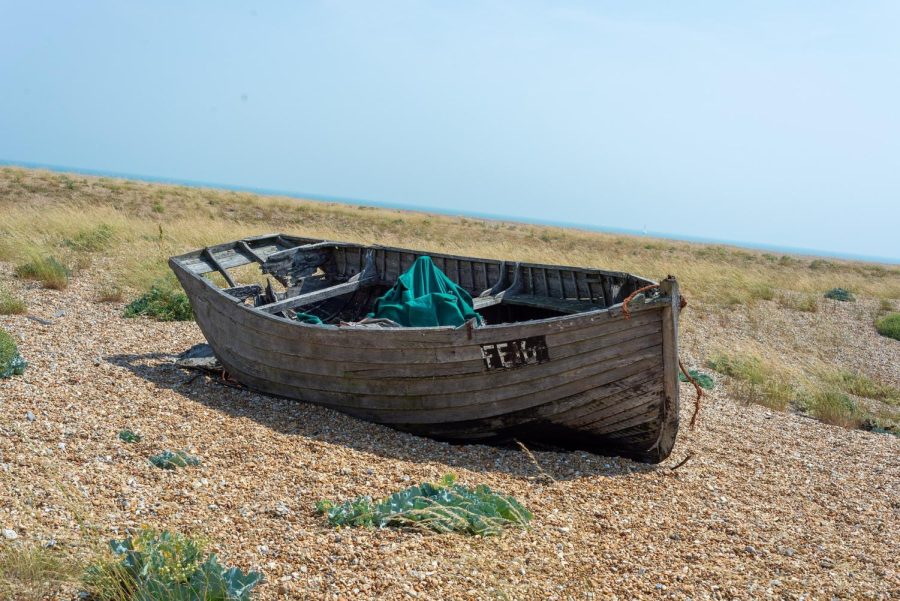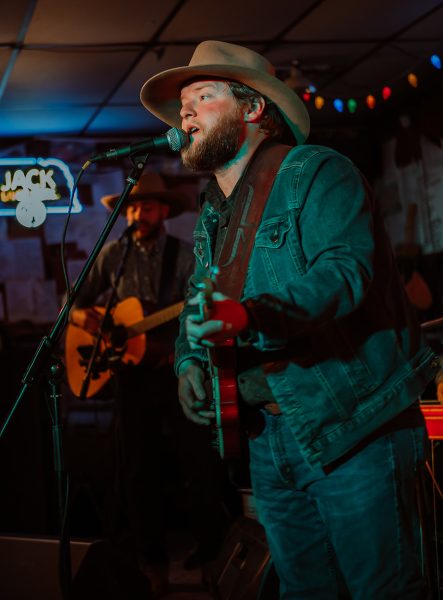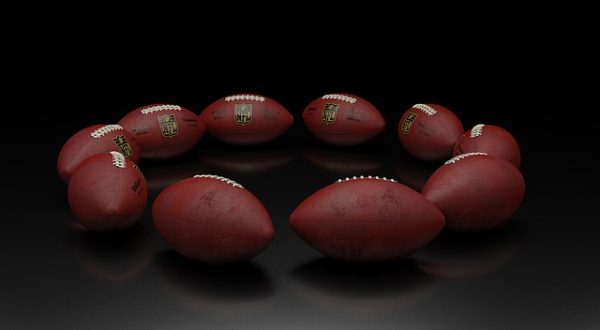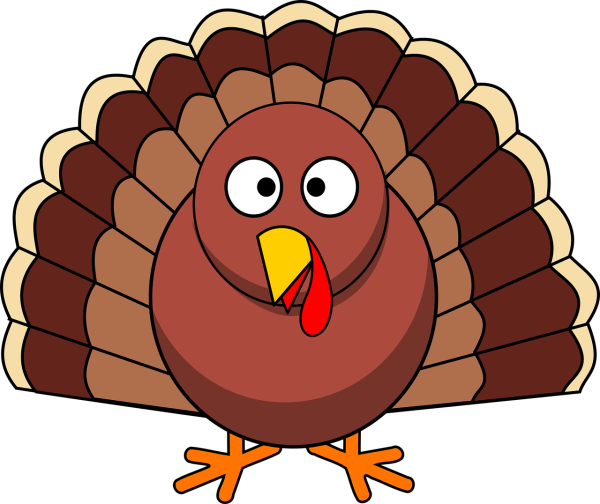Sole Survivor: Honor or Warning
Looking at the Message of Survivor
Hitting the airwaves in 2000, the hit show “Survivor” became an instant success and has continued to be one of the most well known television shows in the decades since. This cultural phenomenon takes a group of individuals and places them in some of the toughest, most remote environments on earth, where they must battle the elements and each other to survive. They compete in challenges, starting off in teams, then as individuals, for prizes and for the right to be safe from “tribal council.” At tribal council one person will be voted off of the island, with the last one standing taking home the grand prize of $1 million. This reality show, which doubles as a social experiment, embodies all that is wrong with society. While it may be entertaining, it’s not really a good show. Part of this comes from the fact that, from the outset, everyone watching the show has seen that, if you want to win you have to play dirty.
Much of this can be attributed to the winner of the first season, Richard (Rich) Hatch. Hatch, who later went to federal prison for failing to pay income tax on his “Survivor” winnings, played a ruthless game and was the first to come up with strategies which have catapulted players to the top in many of the seasons since. He used and manipulated people, formed alliances and bullied the other contestants mercilessly. In the first season of the show, people had no past episodes to watch and analyze. They were in essence inventing the game, and most of the contestants weren’t necessarily out to be devious. After the second vote, one player even compared it to losing a family member.
But, let’s face it, people growing close to each other isn’t what propelled the show to instant success, and it isn’t why the show has had one of the longest runs on television. Everyone loves the drama and backstabbing and blindsiding. The setting places contestants in a high stress environment, exhausted, underfed and parasite ridden, where they are encouraged to play into their worst characteristics with no remorse. Good people can become the dregs of humanity and people who already have some questionable ethics find their opportunity to use them. This can make ruthless behavior seem more acceptable as a means of getting ahead and help encourage these traits in society as a whole.
As the show has gone on, it has found more and more ways to play into this drama and divide contestants, adding in features such as forcing them to choose one of their group members to spend a night on “exile island.” Participants can now also find themselves split into groups, not at random, but based on specific characteristics such as good and evil or as brawny, brainy, or beautiful.
As viewers, we have to ask ourselves whether the entertainment value is really worth sacrificing ethical values. While simply watching, or even participating in the show doesn’t make a person inherently bad, it is important to at least be conscious of the messages it promotes and the impact that can have. As one survivor put it, “How do you do this, play the game, and stay true to yourself? You can’t.”
John is a senior at Conestoga High School. He participates in numerous fine arts and academic extracurriculars such as band, one act, speech, and FBLA....






